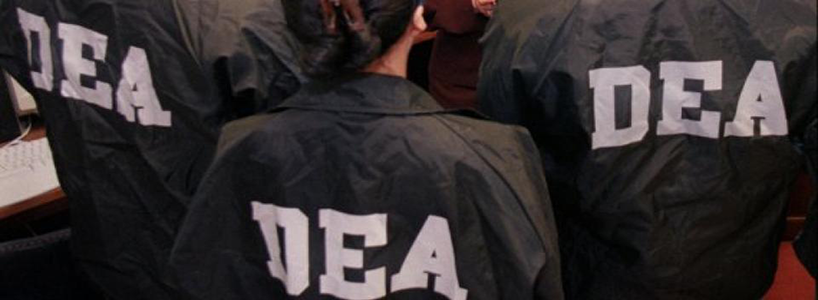Updated SF-86 Targeted for Release in July

Word on the street (because it is nowhere to be found online) among security professionals is that the Suitability and Security Clearance Performance Accountability Council has approved and targeted the deployment of the updated Questionnaire for National Security Positions (SF-86) for some time in July 2017, provided all parties involved are in agreement and processing systems are updated and ready to go. Here is a snapshot of the more significant changes or modifications:
– Illegal Use of Drugs and Drug Activity Question includes a statement that provides notice about including information regarding illegal use of drugs in accordance with Federal laws, even though it may be permissible under state laws.
– Citizenship section added a modified branching to collect information regarding derivative citizenship.
– Residences/where you lived section added clarification with the instructional section and collection of landlord information for rental residences.
– Education/where you went to school section added a link that provides assistance with determining the school address.
– Marital/Relationship Status section added wording for civil marriage, legally recognized civil union, and legally recognized domestic partnership.
– Relatives section added to ask if there were changes to citizenship.
– Financial Record section added Chapter 12 bankruptcy questions.
– Certification section added wording that requires you to affirm that you did not provide classified information on the form.
Other minor changes made to the updated SF-86 do not impact the scope or type of information asked for, but rather just provide clarification of what is being asked. We shall see if OPM, DISS and the NBIB can get organized and on track to meet the targeted date.



Too bad, was hoping the new SF-86 would address what a foreign contacts really is. Oh well.
Doesn’t matter what they add, as long as there is no mechanism to make sure they are filled out correctly, the ESI will remain an administrative cluster-f of clarifications.
Alas, still no teeth to properly deal with security officials who don’t make subject’s complete the paperwork properly from the start. One of the biggest hold-ups that I would think would help immensely with much of the back-log that has existed over the years!
Have not heard once of a falsifying recruiter being dealt a harsh and just dessert for their laziness!
Would seem “real, known, continuing” contact in any form with a foreign national would be clear but I think social media contact and being an FB “friend” is different than being a friend in real life.
And what on earth is this council?
I’m really hoping there is a huge bold disclaimer on there that specifically spells out to list deployments. I go into every single interview with military personnel knowing that I’m going to have to spend a good amount of time gathering information of deployments that the subject didn’t know they needed to list.
I used to be able to put a “note” under residences that I was deployed during such-and-such a period and lived someplace else for a time. I think about 2014 was the first time they wanted me to list each deployment over 30 days (or whatever it is) as a separate residence.
I’m pretty sure I’ve always had to list deployments in the ‘employment’ section.
A negative response to the second clause of the definition (sharing affection, influence, common interests, obligation) would negate the need to list anyone, even if a positive response is given for close/continuing contact–at least that’s how a lot of people interpret it. You can have close/continuing contact with a foreign national but if you believe you don’t share affection, influence, common interests, or obligation, you (in theory) wouldn’t be lying if you answered ‘no’ on the SF86.
I think what @fed-investigator means to say is that our overall pretty logical interpretation of what a constitutes a foreign contact differs from what is asked for on the SF86, and we should probably address that.
Opening oneself up to a “lack of candor” impression because they are splitting hairs and quibbling isn’t an approach I recommend. One can argue they are technically correct all day long. And still not have a clearance. I lean towards over report than under report but then I have debriefed, and escorted out at least 8 or 9 people in my current position. Normally because they felt they could talk around a point of questioning. I say report honestly and frankly. Because if one dwells on it and requires a polygraph…it will show up.
Absolutely straight on point. When you start being selective in the type and amount of information you disclose it raises the antennas of an adjudicator and he will start digging further to find other anomalies.
I understand what you’re saying but the current definition of what constitutes a foreign contact is too complex and should be simplified if we want to cast a larger umbrella. If it’s going to be complex it needs to get even more specific. It shouldn’t be something you get to dwell on.
Sure, you shouldnt be selective in your reporting (as you point out) but perhaps the very fact that you can be selective based on a technicality is a problem. And I’m certain there’s people who get away with it.